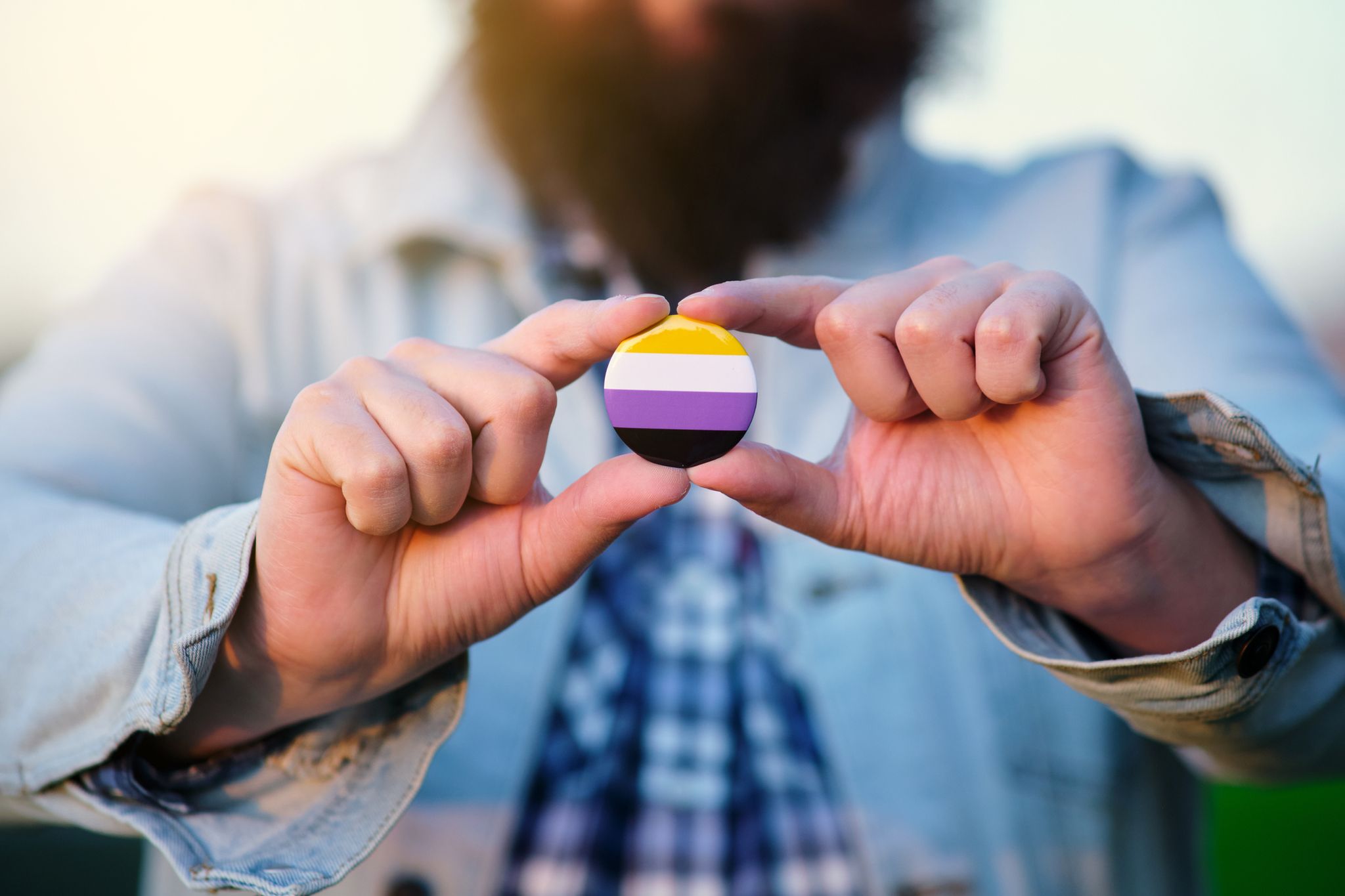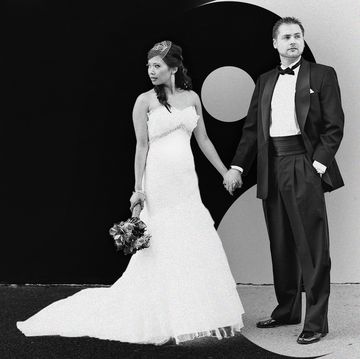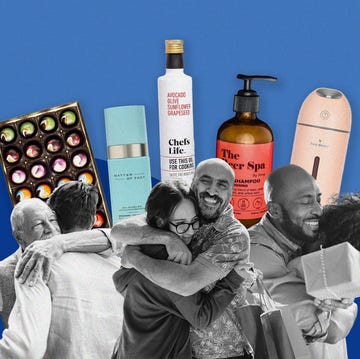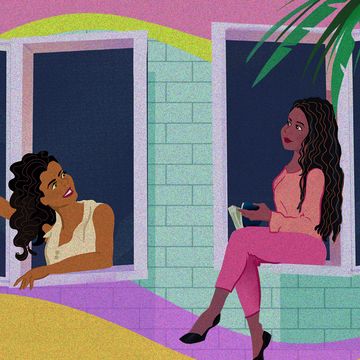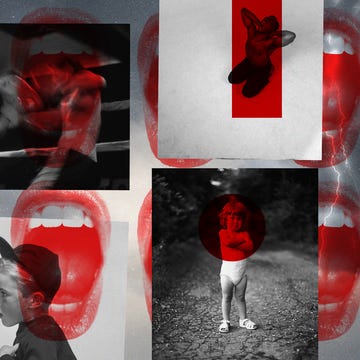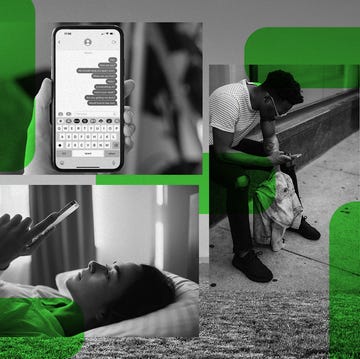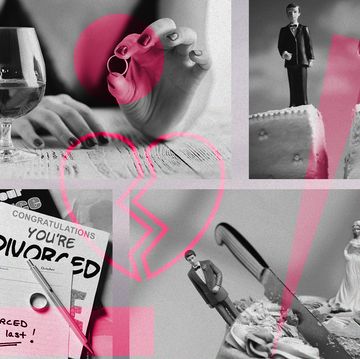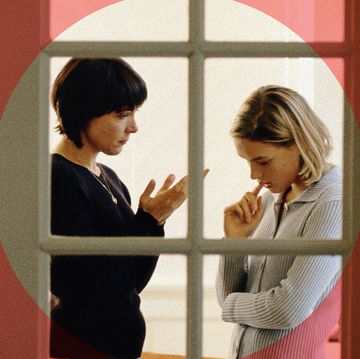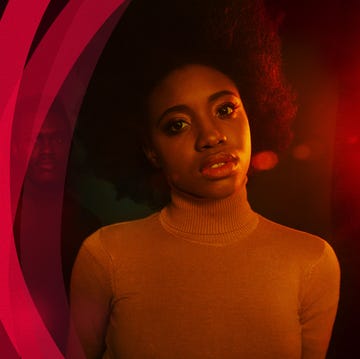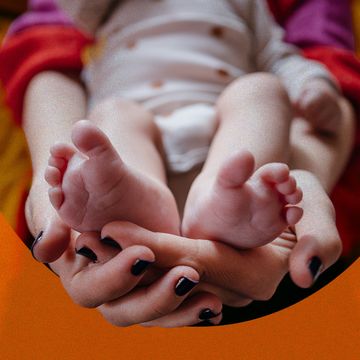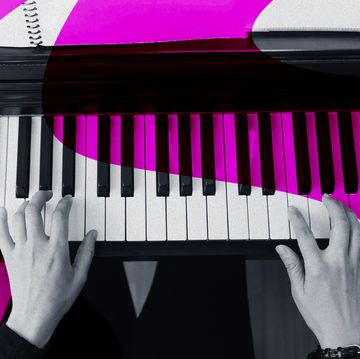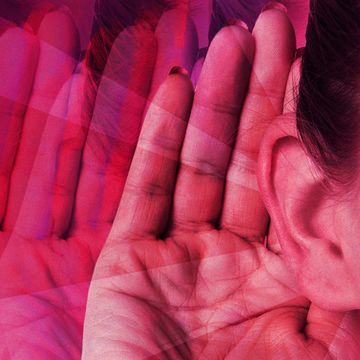When I was growing up, my grandmother was more like a mother than a grandparent to me. A traditional Bukharian conservative Jewish woman raised in an insular community in Israel, she immigrated to New York City when she was a young woman and settled in a Bukharian-dominated neighborhood where she still lives today.
I was an only child with two working parents, and she was my main caretaker and the center of my world. We danced to Hebrew tunes like “Zingarella” in the kitchen together. We pranced around the neighborhood hand in hand singing silly songs that we made up. I stood by her in the kitchen watching her stir my favorite Bukharian dish, osh sovo, for hours on end — her gift of love to me.
On winter days, she would arrive extra early to pick me up from kindergarten, ensuring the car was warm enough when I jumped inside. She would spend hours helping me with my various Judaica studies assignments. Once, she even came to school to advocate for me when someone was bullying me. She was strong, dominant, and tough. And she was the first person who taught me to be myself despite what other people thought of me.
One day during an errand run together, I decided to wear a yarmulke, a Jewish head covering most often worn by males, out in public. This was something I typically did just at home — along with trying on my grandfather’s suits — but I did not dare leave the house wearing it. On some level, I was aware of the gender dysphoria I was experiencing. I found myself relating more to male characters on TV shows. I certainly had a penchant for the boys’ play area over the girls’ play area. (I mean, why would I want to play with Barbies over Legos? It made no sense to me!) There were even times when I was confused for a boy, which was both petrifying and exhilarating.
My grandma had left me outside the grocery store while she went to get a loaf of rye bread when a girl my age, flanked on both sides by her posse, strolled up and demanded to know if I was a boy or a girl. I timidly answered that I was a girl, my upward inflection more a question than a statement. She proceeded to scold me about how only boys wear yarmulkes. I remember the image of the finger wag from “Shame on You” appearing in my mind. I dissociated for a moment, completely frozen. Tears welled in my eyes, and I didn’t understand why this rush of emotions was washing over me.
When she emerged from the shop, my grandmother quickly caught wind of what was happening and shooed them away. She gave me a hug and told me that they didn’t know what they were talking about, and that I could wear a yarmulke if that’s what I wanted. I remember feeling instant relief and comfort. The serenity and innocence of my childhood felt like a warm and safe place. But on some level, I always knew I would have to eventually grow up and face my inner truth.
My grandmother was the first person in my family to ask me if I was queer. She had become suspicious when her typically obedient granddaughter pushed back against being set up on blind dates with “nice Jewish men.” She worked up to it when I was 22 years old by sharing a story about her friend’s granddaughter who just revealed herself as a lesbian. With tears welling up in her eyes, she asked me, “You’re not like this too, are you?”
I saw anguish on her face, and the fear of failure about all those years she dedicated to me. I also noticed a tiny glimmer of hope on her face that I wouldn’t let her down after all she’d done. Talk about Jewish guilt, huh? I was shocked that she would even know to ask. I didn’t even know that she had considered the concept of queerness. My knee-jerk response was complete and unabashed denial. I had grown weary of wearing the mask, though, and I felt it slipping off.
During our conversation, I eventually admitted to being gay. I don’t remember how she initially reacted. I dissociated. I do remember her trying to convince me that I wasn’t really gay. It was just the confused consequence of being disappointed by various men. She also expressed concern that I would die alone, unhappy, and without anyone loyal to ever stick around and take care of me. My biggest fear was realized, as my relationship with my grandmother was never the same after I came out. Years later, I remember overhearing her ask my parents about me, “What’s there to be proud of if she doesn’t end up with a Jewish man?”
Today, she continues to not accept the fact that I’m queer. I haven’t even broached the topic of being nonbinary with my grandmother. Every time I go to visit her, I’m greeted with comments about how short my hair is. “Don’t you miss it being long?” she’ll say. “You were so pretty back then!” Photos of my cousins with their spouses and children adorn her walls while she won’t even put up a picture of me post-long hair, femme-presenting days.
My grandmother has absolutely no idea that I’m married. She has refused to meet my wife, whom I have been with for nine years now. I take my ring off every time I visit her. During my weekly Shabbat calls with her, I have to remember all the lies I’ve been asked by my parents to hold in order to keep the peace. The facade remains, just in a different way now.
We often see this story line in television shows. A young person comes out; a family member says hurtful things and doesn’t accept them; then, said family member realizes the error of their ways, apologizes, and works to repair; cue emotional embrace between the newly accepted queer person and their family member as celebratory music plays in the background. But life isn’t that predictable.
When I came out to my grandmother, there was a part of me hoping that this fierce, tough woman who shooed away those kids during the yarmulke incident would show up for me again and tell me to screw what other people thought and to just live my life being myself and not worry about the outside noise. Instead, the disapproval and shame have been unwavering. The experience made me realize that not all stories have happy endings. Not everyone ends up coming around and accepting you. It doesn’t always get better, at least not in all ways.
Yet what my grandmother taught me when I was that little kid are lessons that I’ve taken with me. The confidence that she gave me in that moment to be myself, unapologetically, no matter what other people think of me, is something that I’ve held close and remembered. There’s a part of me that hopes that once she passes, she’ll finally see the light. And maybe then she’ll finally be proud of me for being myself, authentically and wholly.
My grandmother may no longer have my back in this lifetime, at least not in this particular way, but I’ve built a rich network of people in my life who have filled in. And if my grandma hadn’t set the tone for me back then, I never would’ve had the confidence to keep pushing through my darkest times and find the people in my life who provide me with unwavering love and support.
Thanks to the foundation that people like my grandmother brought into my life, I tapped into my self-confidence and have taken leaps forward in my life. My work as a psychotherapist was undoubtedly inspired by feeling like an “other” throughout my life.
In my career, I am determined to help people at the intersection of Judaism and queerness. I want to help people become liberated, whether they are people who have similar struggles as me or people like my grandmother who are traumatized from the effects of anti-Semitism, Nazism, and intergenerational trauma and have the impact manifest as homophobia and transphobia. In terms of my identity, it can still feel scary to share myself vulnerably at times. But I remind myself that this is bigger than me.
I lead an LGBTQ+ group at the outpatient mental health clinic where I work, and at the beginning of each group, we review names and pronouns. I say, “My name is E, and I use they/she pronouns.” During one of our group sessions, one of the teens asked me, “Do you prefer using they?” I took a breath, felt the nerves rise, and then responded truthfully: “Yes, I do. Thank you for asking.” How terrifying it can be to show our true selves. But how liberating too. And how powerful it is to be seen.
I would give anything to go back in time, wrap my younger self in my arms, and tell them that they are enough, that it’s okay to want to be handsome instead of pretty and like girls and not boys. That they will be loved and even celebrated for who they really are. While I can’t go back and do that, I’ve made a promise to myself to be committed to loving myself even on the days when shame insists on creeping in.
I hope every LGBTQ+-identified person can remember that who they are is already enough, no matter what an inane lawmaker does or how a misguided family member feels. If you haven’t already, you’ll find your people. Don’t stop searching until you do.
E Gueron is a queer, nonbinary Jewish psychotherapist from Queens, New York.
Get Shondaland directly in your inbox: SUBSCRIBE TODAY


